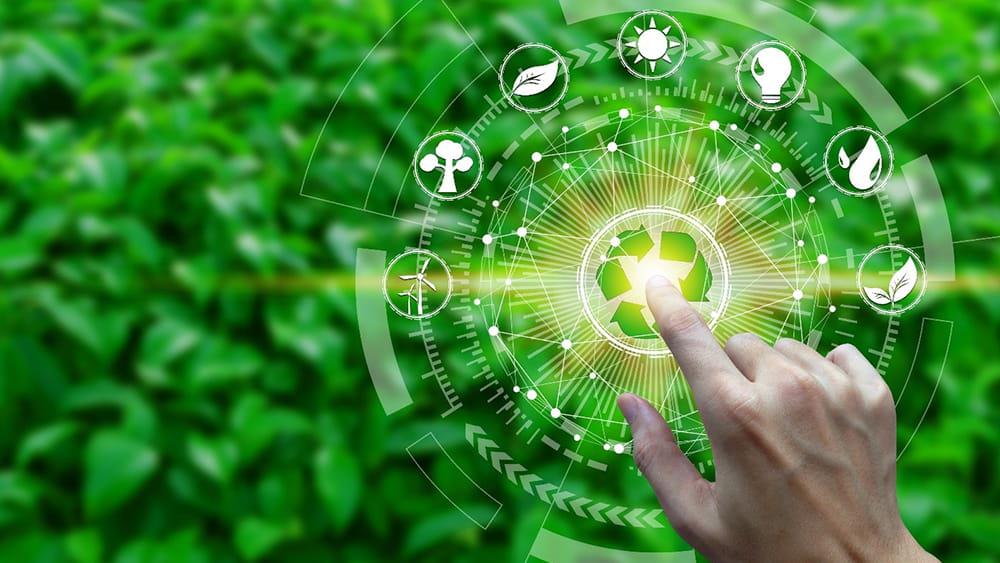Mini CHP (mini combined heat and power plant) is a small power plant capable of producing electrical and thermal energy on site, close to the point of consumption. It combines the functions of heat generation and electricity generation, which allows the generated energy to be used both for local needs and for sale to the network. Mini-CHP often uses a variety of energy sources, including natural gas, diesel, biomass or solar panels, and provides a compact solution to local energy needs.
Main components and characteristics of mini-CHP:
- Electric generator - a device for converting the mechanical energy of a rotating engine (for example, diesel or gas) into electrical energy.
- Heat generator - a system for using the heat generated during the generation of electricity for heating or producing hot water.
- Management and control system — an automated system for monitoring the operation of the installation, optimizing operation and ensuring safety.
- Fuel system — infrastructure for storage, supply and processing of fuel necessary for the operation of mini-CHP.
Advantages of mini-CHP:
- Localization and sustainability — the ability to provide energy needs in remote or remote areas where centralized power supply networks are ineffective.
- Energy efficiency — the ability to use waste heat generation for heating, which improves the overall energy efficiency of the process.
- Economic efficiency — the ability to sell excess electricity to the network or use it for your own needs, reducing electricity costs.
Application of mini-CHP:
Mini-CHPs are used in industrial complexes, residential areas, shopping and administrative centers where reliable and efficient energy supply is required. They contribute to environmental improvements by reducing emissions and improve the sustainability of energy infrastructure in regions with variable or limited access to energy resources.





